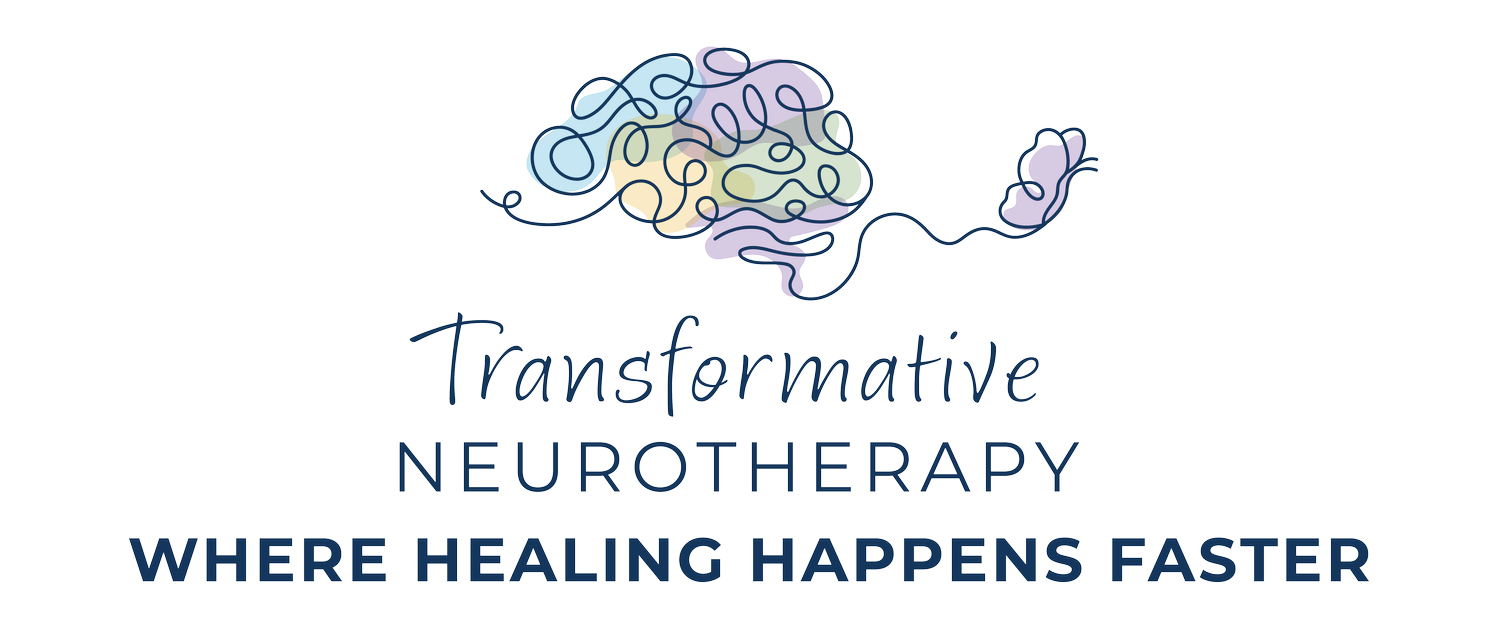NEUROTHERAPY FOR ADDICTION
THIS MIGHT HIT CLOSE TO HOME:
You feel unable to stop taking a substance or discontinue a compulsive behavior, even when you want to cut down or stop. It feels like it consumes your life, causing you to neglect roles and responsibilities such as work, school, or home obligations.
You want to take your life back.
You are filled with worry for the next dose or getting a consistent supply of the substance. You want to increase your peace of mind and even sleep better, calming the racing thoughts that keep you awake.
Rebalancing the Brain’s Reward System – Addiction hijacks the brain’s dopamine system, making it difficult to feel pleasure from natural rewards. Neuromodulation helps restore normal dopamine function, reducing cravings and withdrawal symptoms.
NEUROTHERAPY SUPPORTS ADDICTION RECOVERY BY:
Strengthening Impulse Control & Decision-Making – The prefrontal cortex, responsible for self-control and decision-making, is often weakened in addiction. Neuromodulation enhances its activity, improving emotional regulation and reducing relapse risk.
Reducing Cravings & Compulsions – Techniques like TMS, tDCS, and neurofeedback target the nucleus accumbens and other addiction-related brain regions to lessen the intensity of cravings.
Regulating Stress & Emotional Responses – Addiction is often linked to high stress, trauma, or emotional dysregulation. Neuromodulation calms the amygdala and improves autonomic nervous system balance, making it easier to manage triggers.
Enhancing Neuroplasticity for Long-Term Change – By promoting the formation of new neural pathways, neuromodulation helps the brain recover from addiction-related damage and supports long-term sobriety.
Clients undergoing neuromodulation for addiction often experience:
Reduced cravings and impulsivity
Improved emotional regulation and stress management
Stronger ability to resist triggers and avoid relapse
Enhanced cognitive function and decision-making


